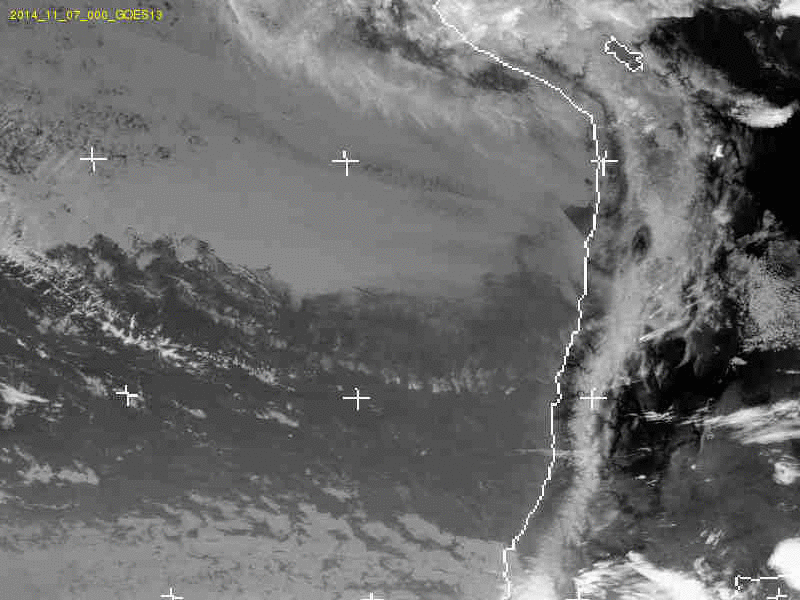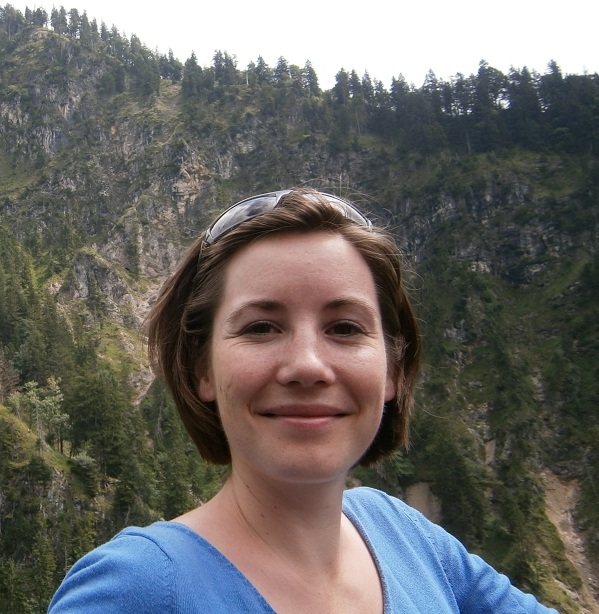
PhD: University of Warwick, United Kingdom (2015)
Area de Investigación: Enanas blancas, binarias eclipsantes, binarias cercanas, cariables cataclísmicas, variaciones en tiempos de eclipses, progenitoras de SNe tipo Ia.
Publicaciones: ADS (refereed)
Teléfono: (+56 32) 250 8457
correo electrónico: madelon.bours at uv.cl
Sobre mi investigación: Mi investigación se enfoca en binarias cercanas que contienen al menos una enana blanca y periodos orbitales de unas pocas horas. Para determinar parámetros binarios y estelares precisos he realizado estudios de alta-precisión de binarias dobles de enanas blancas, usando fotometría de alta velocidad, espectroscopía de fase-resoluciçon y espectroscopia Hubble del extremo-UV. Además de eso estoy monitoreando binarias de enanas blancas eclipsantes para registrar desviaciones que se alejan de la regularidad en los tiempos de eclipses de enanaas blancas. Estas podrian deberse a la presencia de planetas alrededor de esas binarias eclipsantes, aunque con cada nueva observación este escenario parece ser menos probable. Para comprender lo que verdaderamente causa el comportamiento observado, estoy intentando aprender lo mas que se pueda acerca de las enanas blancas y sus compañeras estelares de secuencia principal de baja masa, como tambien el comportamiento que tienen entre si en configuraciones de binarias cercanas.
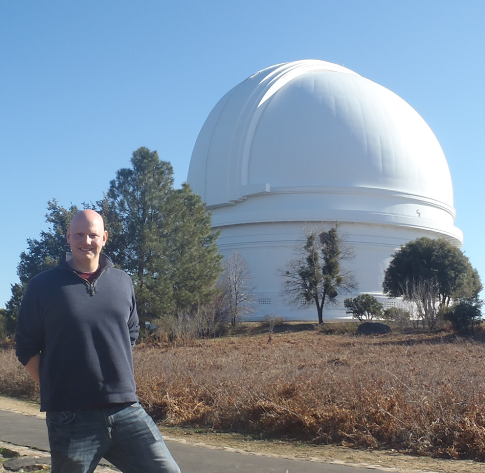
PhD: University of Cardiff, UK (2011)
Research Area: Galaxy formation and evolution, including processes regulating star formation and chemical evolution, the impact of the environment, and the growth of the red sequence.
Publications: ADS (full) - ADS (refereed)
Telephone: (+56 32) 299 5557
email: thomas.hughes at uv.cl
Webpage: http://www.txhughes.com/
About my research: My main research interest lies in disentangling the processes that transforms the baryonic matter in the early Universe into the complex systems of stars, gas, dust and metals that comprise the galaxies we observe today. I use observations from across the electromagnetic spectrum, including both spectroscopy and photometry, to trace these key matter components and characterise star formation, chemical evolution and other physical processes in nearby galaxies. By studying these processes in local galaxies inhabiting different environments, from dense clusters to sparse regions, I aim to better understand what governs their evolution.
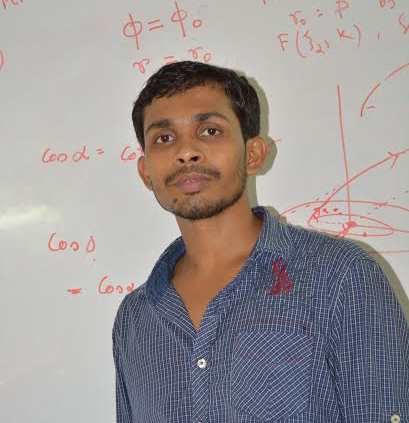
Ph.D.: Indian Centre for Space Physics, University of Calcutta, India
Research Area: Black hole physics, X-rays, Hydrodynamics, Radiative transfer, Cooling, Viscosity and Observational data analysis
Publications: ADS
Telephone:
email: santanuicsp at gmail.com
About my Research: My present work is based on the accretion flow dynamics around black holes in presence of Comptonization and Mass loss. For that purpose I have coupled both the radiative transfer and hydrodynamic codes. I also analyze the observational data of RXTE and NuSTAR satellites to study different physical mechanisms in accretion disk of galactic black hole candidates (GBHCs). My work focuses on the spectral and temporal properties of transient sources as well as the evolution of quasi periodic oscillations (QPOs) from the theoretical point of view.
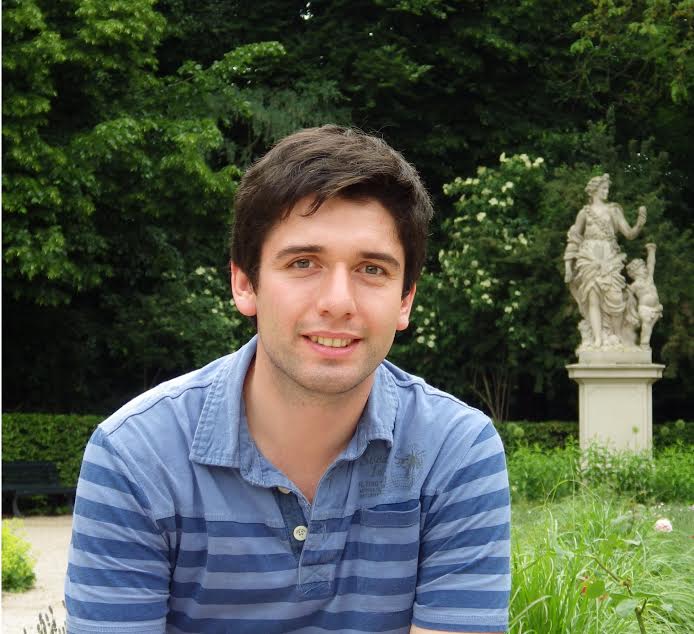
PhD: Pontificia Universidad Catolica de Santiago,Chile (2015)
Research Area: Low mass stars, brown dwarfs, large astronomical datasets.
Publications: ADS (refereed)
Telephone:
email: jcbeamin at gmail.com
About my research: My main research projects are related to the search and characterization of very low mass stars and brown dwarfs in the solar neighborhood. Using the observations from the VISTA-VVV survey and WISE mission I have characterized a sample of sources including spectral typing, radial velocities and parallax measurements. I am also interested in study of very low mass binary stars.



